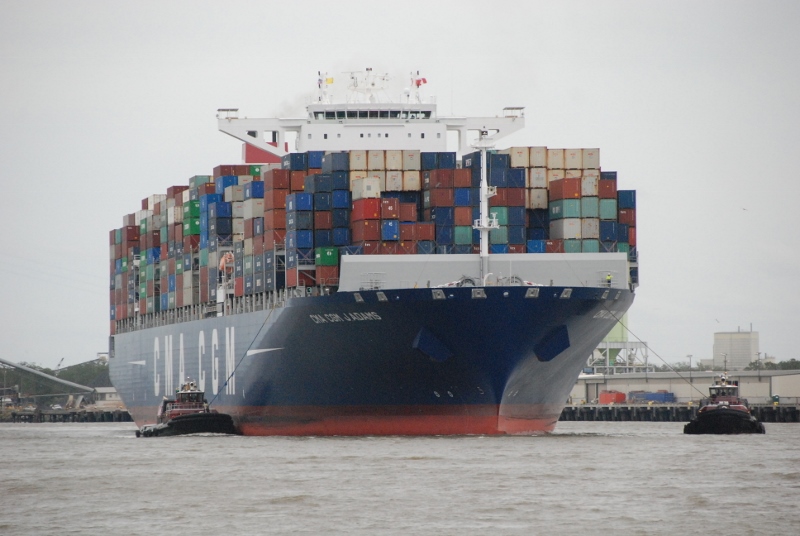There’s no question that happiness is relative, and in terms of comfort, safety, and legal protection, today’s seafarers are much better off than the “wards of the state” described by Supreme Court Justice Joseph Story in 1823.
But the crew welfare issues facing the maritime industry continue today. And although today’s mariners may not be, as Justice Story described the seafarers of his day, “thoughtless, credulous, complying, and easily overreached,” they are still subject to stresses and challenges not faced by their land-bound brethren and sistren.
In an April 3 article, WorkBoat senior editor Ken Hocke touches on this important and continuing issue. He quotes from a recently released report, “The Seafarer Happiness Index,” issued by the international seafarer welfare charity, The Mission to Seafarers. The report claims that obesity, mental health problems and gender discrimination among seafarers are on the rise, while happiness at sea continues to fall. Hocke wrote that the seafarers’ complaints include boredom, lack of shore leave, lack of WiFi access, poor food, and, especially among female crew, a sense of loneliness and isolation.
Although these complaints — except lack of WiFi — are long-standing, they have never been adequately addressed, and seafarers continue to face neglect and even abuse by shipowners and shore authorities. For example, the U.S. enforces a draconian policy of detaining onboard many, if not most, foreign crew on foreign-flag vessels that call U.S. ports, refusing them permission even to take a walk along the quay after work hours. These seafarers have been vetted by their respective governments, by their licensing boards, by their crewing agents, and by their employers. To detain them onboard after a month’s voyage is both unreasonable and unnecessary.
The food issue is as old as commercial shipping, but here happiness is certainly relative. Seafarers no longer have to subsist on salt pork and hardtack, and the complaint in the Seafarer Happiness Index that they are being supplied substandard food by unscrupulous chandlers is not entirely fair. It’s the cook’s responsibility to inspect food coming from the chandler, and the master’s responsibility to make sure bad food is rejected and sent back. I’ve eaten onboard hundreds of ships in the past 20 years, and generally the food has been quite good. Certainly, when I was a shipmaster, I made sure we had good food because I had to eat it, too, and I suspect most masters follow the same policy.
The goal of The Mission to Seafarers, to improve seafarers’ lives onboard, is an important one, and the index may prove a good tool in measuring progress in that regard. However, one thing is without question: things have changed greatly for the better since Justice Story’s time, especially after Richard Henry Dana’s searing 1840 memoir, Two Years Before the Mast, galvanized Congress into enacting a series of protective laws that culminated decades later in the Jones Act. And the improvements continue: The Maritime Labour Convention of 2006, a set of standards for vessels and employers that is enforced by the International Maritime Organization, has also been a major step forward in preventing the horrors of the past.
It may be that the horrors of today — including the lack of WiFi — pale beside those of the past, but The Seafarer Happiness Index is clear evidence that, in terms of seafarer welfare and comfort, more remains to be done.




